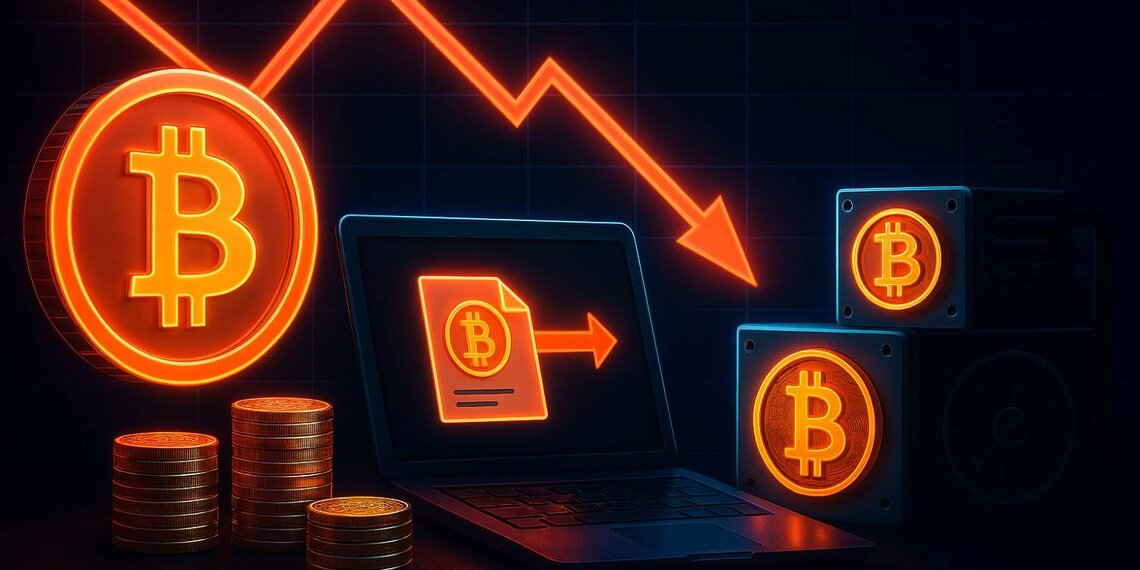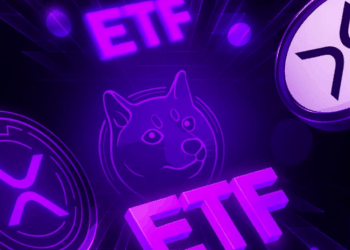This fee drop arrives amid renewed debate over Bitcoin’s true role in the financial ecosystem. While some proponents champion its use for day-to-day payments, others insist that its function as a long-term store of value remains paramount.
Sluggish Activity Fuels the Fee Cut
The network’s slowdown has prompted miners to reduce the fees in an effort to attract more transaction volume. With fewer users sending funds or inscribing NFTs (known as Ordinals), block space demand has waned, forcing miners to compromise on earnings from transaction fees. Still, miners continue to earn block rewards of up to 3.125 BTC, or roughly $367,000, helping offset the lower fees.
Miners and the Policy Shift
Veteran miner Econoalchemist explained that while 0.1 sat/vByte transactions have always been technically acceptable, they were not commonly relayed. With Mempool and other platforms now supporting these lower fees, a broader shift in policy is emerging. “Policy rules will trend toward matching consensus rules,” he noted, suggesting that more nodes will begin to process these ultra-low-fee transactions.
Debate Over Bitcoin’s Purpose Intensifies
Influential voices like Jack Dorsey argue that unless Bitcoin finds everyday payment utility, its relevance will decline. Others, like Optiminer’s Scott Norris, view Bitcoin’s evolution into a store of value as its defining trajectory.
User Choice Still Reigns
Despite the fee decrease, users can still manually raise transaction fees if they want faster processing. Meanwhile, many crypto enthusiasts celebrate the lower costs, with some on X cheering “sub-1 sat/vByte” transactions and aiming to “pay as little as possible.”










